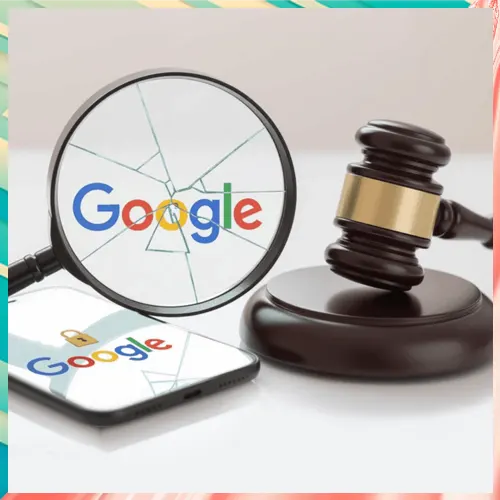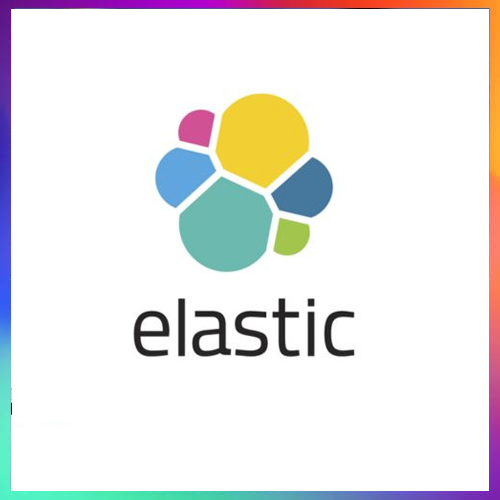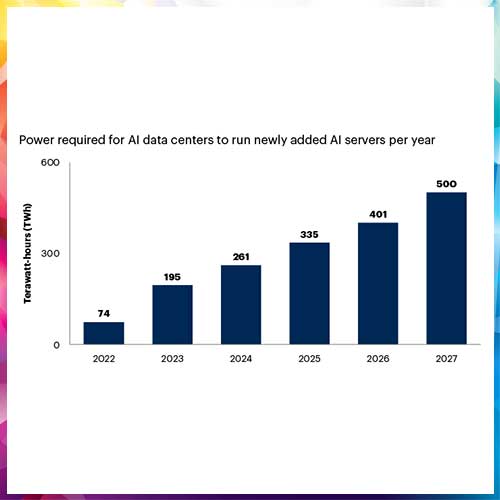
The 2020 lawsuit claimed Google misled users with its "Web & App Activity" setting, while continuing to collect data via Firebase—a tool embedded in millions of apps, including Uber, Instagram, Duolingo, and others
A U.S. federal court has ordered Google to pay $425 million in a class action lawsuit, after finding that the tech giant misled nearly 98 million users about the extent of its data collection practices—even when users believed they had opted out.
The case originated in 2020, when plaintiff Anibal Rodriguez alleged that Google's "Web & App Activity" setting was deceptive. While the option appeared to let users turn off tracking of their online and in-app activity, Google continued to gather data through a separate platform called Firebase. Used for analytics and performance tracking, Firebase operates in millions of apps, including Uber, Instagram, Duolingo, and the New York Times, and is present in 97% of the top 1,000 Android apps and over half of top iOS apps.
Opaque practices and ongoing legal troubles
The lawsuit argued that this dual-layered data tracking system created confusion and breached user trust. While Google maintained it had disclosed its practices clearly—pointing to user prompts like “Are You Sure?”—jurors weren’t convinced. One juror noted that the company failed to communicate effectively, saying most users are “skimmers, not readers,” and needed clearer messaging.
Although plaintiffs initially sought $31 billion in damages, the awarded sum was significantly lower, averaging about $4 per affected user. Google has announced plans to appeal the verdict, with spokesperson Jose Castaneda stating the decision "misunderstands how our products work."
This isn’t Google’s first brush with privacy-related settlements. Over the past three years, it has paid more than $6 billion across multiple cases, including a $392 million settlement with 40 U.S. states and a $1.38 billion payout to Texas in May 2025. Internal documents referenced in court revealed that Google deliberately used vague language around data practices to avoid alarming users—especially regarding services like Incognito Mode.
With public scrutiny mounting, the case sends a clear message: transparency in tech privacy isn’t just expected—it’s now legally enforceable.
See What’s Next in Tech With the Fast Forward Newsletter
Tweets From @varindiamag
Nothing to see here - yet
When they Tweet, their Tweets will show up here.





























